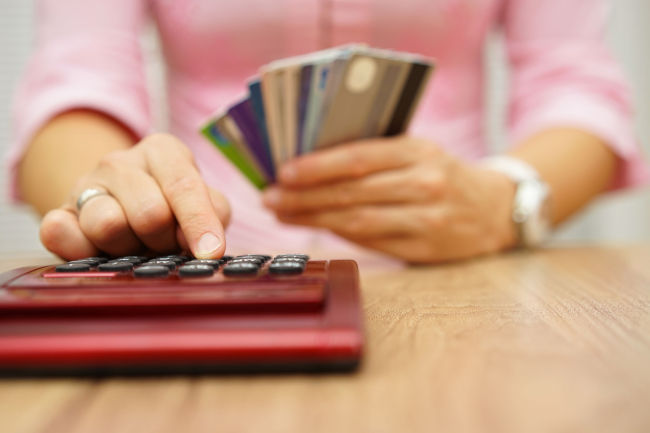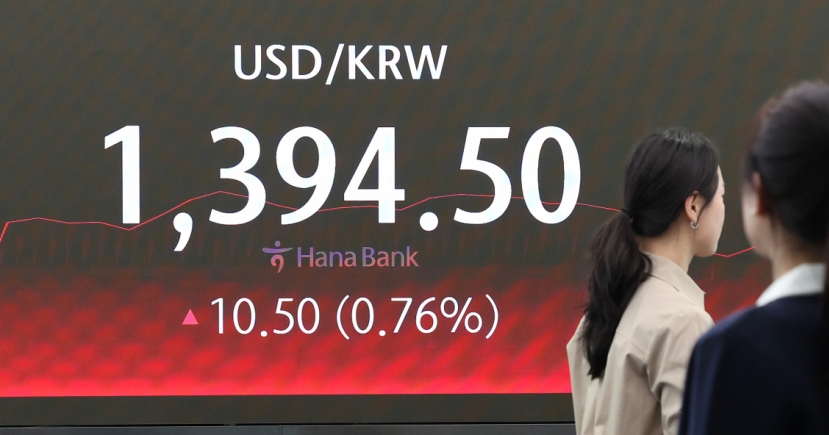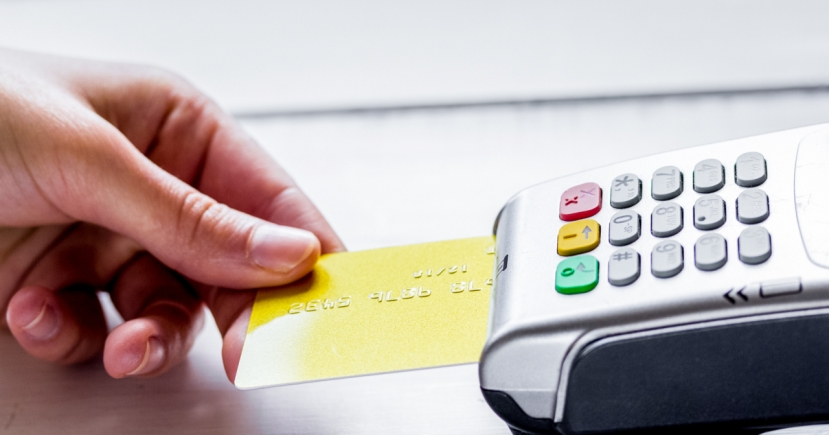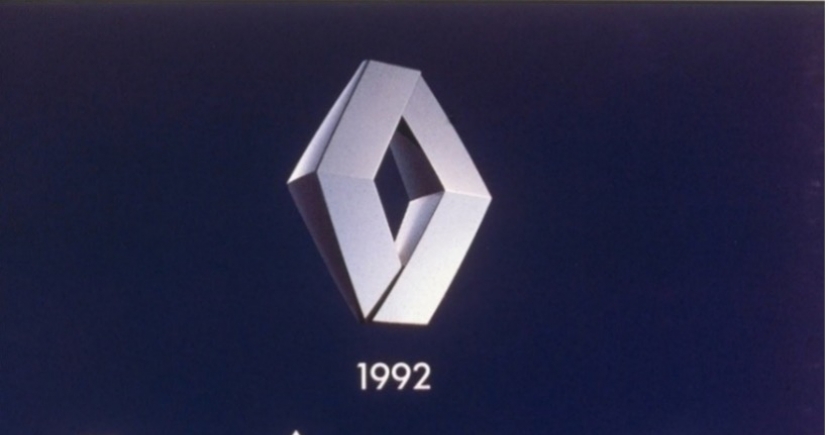Finance
Credit card ‘Dutch treat’ system draws mixed responses
[THE INVESTOR] The gesture of paying for others’ meal has always been a common practice in Korean culture, most often placing the burden upon the eldest in the group or anyone who has reason to celebrate.
The development of fintech may be bringing a change to such customs, allowing easier ways to go Dutch, but this may not necessarily be an improvement for the eateries that have to accept the split payment.
Boosting the disputes was the Financial Services Commission’s latest plan to launch the credit card Dutch treat service early next year.
The new function enables members of a group to send money to the payer through a mobile application containing a digital replica of their credit card. Its use is to be limited to restaurants, cafes and bars.
 |
(123rf) |
The financial watchdog will come up with follow-up measures this month, including a safety feature requiring the going Dutch process to be completed within a day -- so as to prevent abuses such as withdrawing cash to lend it on higher interest.
The announcement was well received by credit card users, who benefit from a tax refund, unlike those who wire money the conventional way.
Credit card companies, on the other hand, remain undecided whether the incoming function will help them induce more customers and boost consumption or it will just cost them extra charge.
“In fact, the service providers gain almost nothing from the Dutch treat service, as it is only for the sake of customer convenience,” said an official of one of the leading credit card companies.
“We may hope for some PR effect for our brand, but I believe that is pretty much it.”
Restaurant owners were relatively indifferent, claiming to be unaffected by the change.
“It may actually be better as we will only have to make a single payment, instead of breaking it down to individual bills,” said Kim Yu-ri, owner of a bakery cafe in Seoul‘s Mapo-gu.
“I suspect that credit card firms may not like it so much, though.”
Local app-based tools helping users go Dutch include Toss, Naver Pay, Kakao Pay and Payco.
Of them, the most frequently used so far is Toss, which does not require a bank account number or e-certificate to wire money. Since starting business in February 2015, its transactions totaled at 7.5 trillion won ($6.5 billion).
Kakao Pay, affiliated with the nation’s No. 1 mobile messenger Kakao Talk, has also gained momentum recently in the wake of the launch of Kakao Bank. Its transactions stood at 230 billion in August, soaring from 97 billion won in the previous month.
By Bae Hyun-jung (tellme@heraldcorp.com)/The Korea Herald








